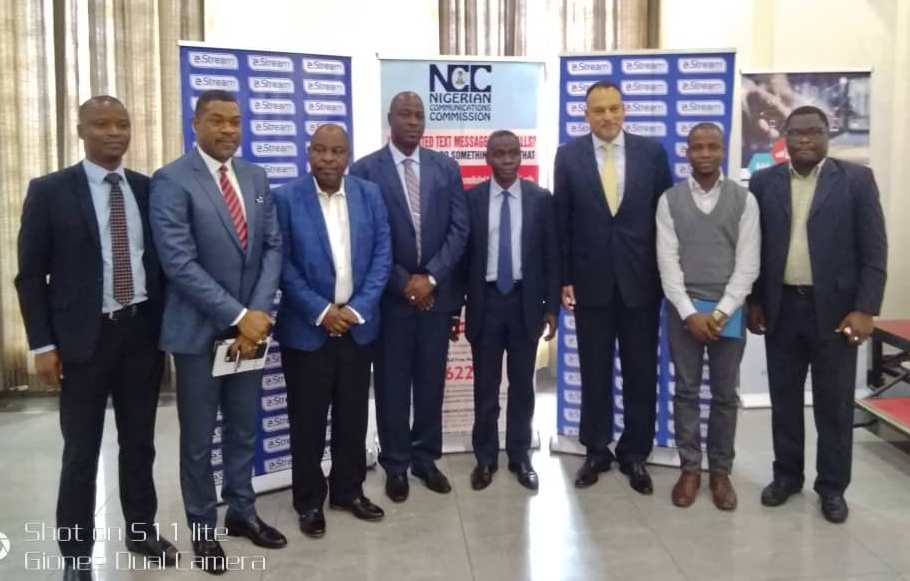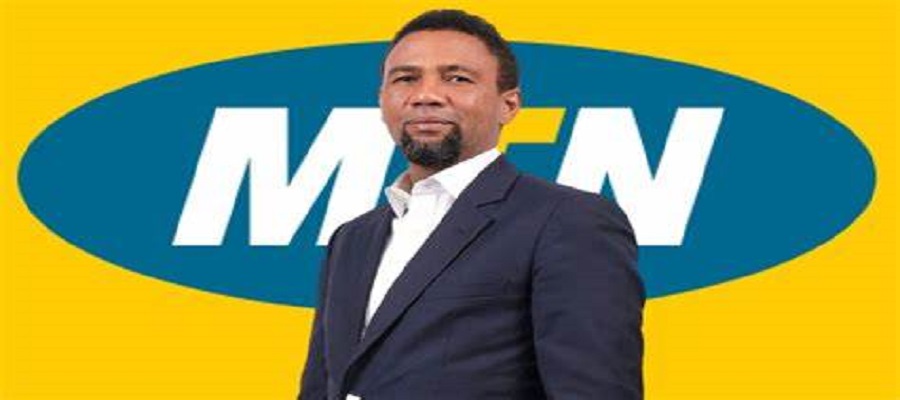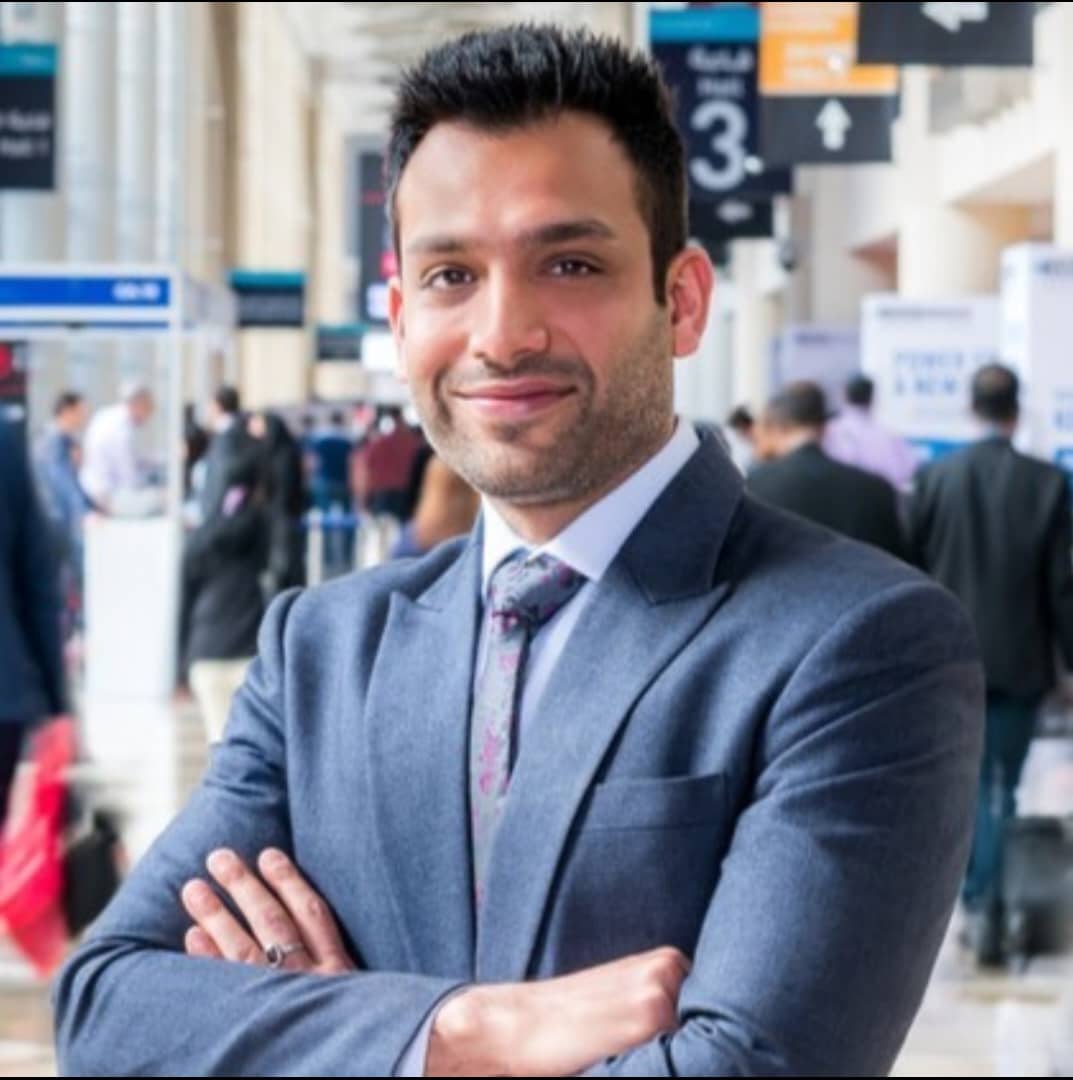Telecom
NCC Reaffirms Commitment to Bridging Broadband Infrastructure Gap

The Nigeria Communications Commission (NCC) has reaffirmed commitment to bridge the gap between existing and planned fibre infrastructure to increase broadband penetration in the country.
Prof Umar Garba Danbatta, Executive Vice Chairman (EVC) Nigeria Communications Commission (NCC) stated this at the 10th edition of eWorld Forum, held in Lagos.
The conference organized by Ajomedia Limited was themed: ‘Roadmap to Broadband Everywhere’.
Danbatta who was represented by Oluwatoyin Asaju, Director, Spectrum Administration, Nigeria Communications Commission (NCC) said that they have set up strategy to ensure access to pervasive Broadband through an Open Access Model in line with National Broadband Plan.
He noted that this is in line with the commission’s continued doggedness in ensuring that the lacuna between the existing and planned fibtre infrastructure in Nigeria is narrowed.
He added that the deployment of Optic Fibre transmission network was adopted in the “Open Access Model” so as to bridge the current digital gap and deliver fast and reliable broadband services to households and businesses.
He stated that adequate broadband has been globally acknowledged as the foundation for transformation to a knowledge-based economy.
According to him, “The World Bank has found that a 10 % increase in broadband penetration in developing countries results in a commensurable increase of 1.38% in GDP.
“It has also been proven that for every 10% increase in Broadband penetration, a commensurate increase in employment of 2-3% is achieved. Productivity also increases to between 5-10% with a 10% increase in BB penetration.
“So it is almost impossible to equate any other modern technological tool with Broadband, because of its inherent potential to address issues relating to sustainable development and simultaneously facilitate socio-economic development, while instigating transformative change in all the sectors of the economy.”
Danbatta stated that the establishment of Broadband Implementation & Monitoring Committee (BIMC) was to drive the broadband infrastructure licensing and deployment.
He said that the licensing of the six Infracos was to ensure that they provide IP fiber Optic capacity, to all the 774 LGAs of the federation on an open access, price regulated basis, with a 10 Gbps Point of Access (PoA) capacity in each local government of the federation.
He revealed that broadband can reduce poverty and inequality, help ensure access to health and education, help to mitigate climate change, promote peace and international cooperation, and ensure sustainable development in the decades to come.
He called on government at all levels to curtail the issues of multiple taxation and regulation right of way issues as well as timely and simplified approval processes for site acquisition and harmonized right of way charges in the industry.
This according to him, will enhance the spread of Broadband to the unserved and underserved areas of Nigeria, because if you build an efficient Broadband network everything else will follow.
Aaron Ukodie, Managing director Ajomedia and Publisher eWorldNews, speaking earlier at the conference said that the time is now for us to start setting a new digital agenda, which will lead to achieving a digital revolution.
According to him, to achieve the revolution, the regulator has to focus more on enabling the players and making the environment more investment-friendly.
“The licensed infracos are encouraged to give access to all parts of the country, and this will give them free hands to deploy technology, as new technologies are emerging.
“Nigeria should begin to think about these new technologies, 5G, and how we are going to be able to achieve the digital revolution,” he said.
He stated that for us to achieve this desired revolution, consented effort should be made by the regulator to provide enabling environment for players in the industry to thrive.
Ukodie noted that the environment should be more investment-friendly than it is now, if we must reach the underserved and the unserved people across the country.
Telecom
Toriola, MTN Nigeria CEO again Defends Tariff Hikes amidst Backlash

Karl Toriola, chief executive, MTN Nigeria has defended recent tariff hikes by mobile network operators, stating they are essential for the “survival” of the telecoms industry in Nigeria, despite significant criticism.

Karl Toriola, chief executive, MTN Nigeria
The Nigerian Communications Commission (NCC) granted mobile network operators permission to raise tariffs by up to 50% last month, a change reportedly implemented on 11 February.
The increase has sparked public outrage, as mobile connectivity has become a vital necessity in daily life across the West African nation.
In an interview with Developing Telecoms, Toriola pushed back against criticism that the price surge was excessive, arguing that tariffs should have increased by approximately 300% to reflect the naira’s sharp devaluation and the country’s soaring inflation.
Addressing the impact of currency devaluation, Toriola emphasised that MTN purchases network equipment and software in US dollars, a process that has become significantly more expensive. With the naira’s decline, operators are now receiving three times fewer dollars than they did in 2023, making operations more challenging.
In February 2023, businesses could exchange 460 naira for one US dollar, but the currency has since devalued sharply. At the time of writing, a single dollar was worth 1,510 naira.
As Nigeria grapples with the sharp devaluation, MTN has been severely affected.
The company was technically bankrupt in 2023 as its liabilities surpassed its assets—a deeply concerning issue for the wider MTN Group, as Nigeria remains one of its highest revenue-generating markets.
“Because of these factors, we’ve seen our costs rise dramatically. The cost of leasing tower space and supplying energy to cell sites increased by 120% in the first three quarters of 2024. So, in comparison, a 50% tariff increase is not that high,” said Toriola.
Telecom
IoT West Africa & Data Centre Cloud Expo 2025 Set to Boost Africa’s $180Bn Digital Economy

The IoT West Africa & Data Centre Cloud Expo 2025, co-located with Power and Water Nigeria, is poised to play a crucial role in boosting Africa’s digital economy, projected to reach $180 billion by 2025 and contribute 5.2% to the continent’s GDP.

Organized by Vertex Next, the three-day event will take place from May 13th to 15th, 2025, at the Balmoral Convention Centre, Federal Palace Hotel, Lagos. It will convene government leaders, industry experts, investors, and innovators to explore the latest advancements in IoT, AI, cloud computing, digital infrastructure, and energy solutions.
In a statement made available to journalists in Lagos, Vertex Next Managing Director, Shitij Taneja, stated that this influential event will significantly contribute to the continent’s digital economic growth.
He assured that the expo will feature a comprehensive conference program focused on the transformative power of IoT, AI, and digital technologies across various African industries.
According to Taneja, discussions will center on how these technologies drive economic expansion, improve connectivity, and increase efficiency in key sectors like telecom, energy, finance, and e-commerce. Government officials and business leaders are also expected to collaborate on strategies for scaling digital infrastructure and leveraging data for innovation and sustainable development.
As demand for secure, efficient, and scalable digital infrastructure surges, Africa’s data center market is expected to grow at a CAGR of 12% through 2030, reaching a valuation of over $5 billion.
The expo will feature high-level discussions on critical infrastructure development, investment opportunities, cybersecurity, and AI-driven data center expansion. Thought leaders from global cloud and data center giants will share insights into building future-ready facilities that power industries and drive economic progress.
With Africa’s power sector undergoing transformation, discussions will focus on smart grids, energy storage, and sustainable power solutions to support the continent’s growing digital economy.
The African Development Bank estimates that investment in energy and utilities must increase to $70 billion annually to meet rising demand. Industry leaders will explore the role of IoT and AI in optimizing utilities, managing resources efficiently, and developing smart, connected cities.
The rise of digital banking, fintech, and e-commerce is reshaping consumer experiences and financial transactions across Africa. The fintech sector alone attracted over $3 billion in investments in 2023, and e-commerce is projected to exceed $75 billion in value by 2028.
This expo will highlight how automation, AI, and IoT are creating secure, seamless, and scalable financial solutions, ensuring that businesses stay ahead in the fast-paced digital landscape.
Taneja disclosed that the IoT West Africa & Data Centre Cloud Expo 2025 aligns with Nigeria’s National Digital Economy Policy and Strategy (NDEPS) and Agenda 2063 of the African Union, both of which prioritize technological innovation, digital infrastructure, and economic diversification.
By bringing together policymakers and industry stakeholders, the event aims to support regulatory frameworks for digital transformation, foster collaboration between the public and private sectors, encourage foreign direct investment (FDI) in ICT and energy, and accelerate initiatives such as Smart Cities and e-Governance.
Telecom
NITDA Pledges to Foster Innovation with Cloud Infrastructure and AI Applications

National Information Technology Development Agency (NITDA) has reaffirmed its dedication to fostering an innovative ecosystem that balances regulation with industry growth. The agency is investing in cloud infrastructure, data classification, and AI applications to establish Nigeria as a leading digital hub in Africa.

Kashifu Inuwa, NITDA’s Director General, emphasized this commitment while speaking at the Africa Hyperscalers Digital Infrastructure Outlook 2025. The event gathered industry experts to explore Africa’s role in the expanding global AI-driven infrastructure boom.
In his remarks, Inuwa highlighted NITDA’s dual regulatory framework: rule-based regulation, involving strict compliance guidelines, and non-rule-based regulation, which allows for industry-led innovation with established benchmarks.
“Before we regulate anything, we need to be aware of the landscape, we need to be intelligent, we need to have data and make sense out of that data, we need to be dynamic because technology is fast-changing and we need to develop that agility within the regulatory framework,” Inuwa stated.
He also discussed the Cloud First Policy, introduced in 2019 to discourage excessive reliance on physical data centres. This policy encourages government agencies and private businesses to leverage cloud computing and digital solutions. Initially, businesses were granted waivers to use public cloud infrastructure, but NITDA is now pushing for local data centres to enhance their capabilities.
A major milestone for NITDA was its successful engagement with global hyperscaler providers, including Google Cloud, which pledged to collaborate with local data centres to drive cloud adoption and establish a hyperscaler data centre in Nigeria. This follows a meeting between Google CEO Sundar Pichai and President Bola Ahmed Tinubu in Paris, where the President shared his transformative ambition for Nigeria.
To further drive cloud adoption, NITDA is finalizing a framework that will mandate data classification, ensuring that certain data categories remain within Nigeria. This move is expected to attract more cloud service providers and bolster the country’s digital sovereignty.
Emphasizing the importance of AI applications, Inuwa disclosed that NITDA is prioritizing AI to enhance governance, regulation, and service delivery. He asserted that AI can revolutionize governance and business operations by automating processes, enhancing regulatory efficiency, and developing knowledge management systems.
Dr. Nadu Denloye, Co-founder of Telnet Nigeria Limited, also spoke at the event, highlighting Africa’s remarkable digital transformation driven by connectivity advancements, cloud adoption, data centres, AI, and a growing digital-native population. She expressed confidence in crafting solutions to drive Africa’s digital growth.
Other notable panelists included Dr. Ayaotunde Coker, CEO Open Access Data Centres and Chairman of the Africa Data Centres Association; Johnson AgboGbua, CEO of Kasi Cloud; Obinna Isiadinso, Data Centres Global Sector Lead at International Finance Corporation; Kazeem Oladepo, Chief Operating Officer at IHS; and Abibat Kazeem, Commercial Director at Bayobab.
This commitment by NITDA underlines its dedication to advancing Nigeria’s position as a digital leader in Africa through innovative solutions and strategic regulations.

 E-Financial2 days ago
E-Financial2 days agoSERAP Gives CBN 48-Hour Ultimatum to Withdraw ATM Fee Hike

 E-Financial2 days ago
E-Financial2 days agoFG Seeks Fresh $300m Loan from World Bank for Health Security

 General News2 days ago
General News2 days agoFG Drops Merger of NCAA, NAMA

 News2 days ago
News2 days agoBinance Chief Insists Some FG Officials, Reps Demand $150m Bribe

 Telecom21 hours ago
Telecom21 hours agoToriola, MTN Nigeria CEO again Defends Tariff Hikes amidst Backlash

 News2 days ago
News2 days agoinDrive Unveils Cashless Bank Transfer Feature in Nigeria

 E-Financial2 days ago
E-Financial2 days agoCardinalStone Acquires Radix Pension Managers

 E-Business21 hours ago
E-Business21 hours agoSouth Korea Joins List of Countries Banning DeepSeek over Security Concerns

























